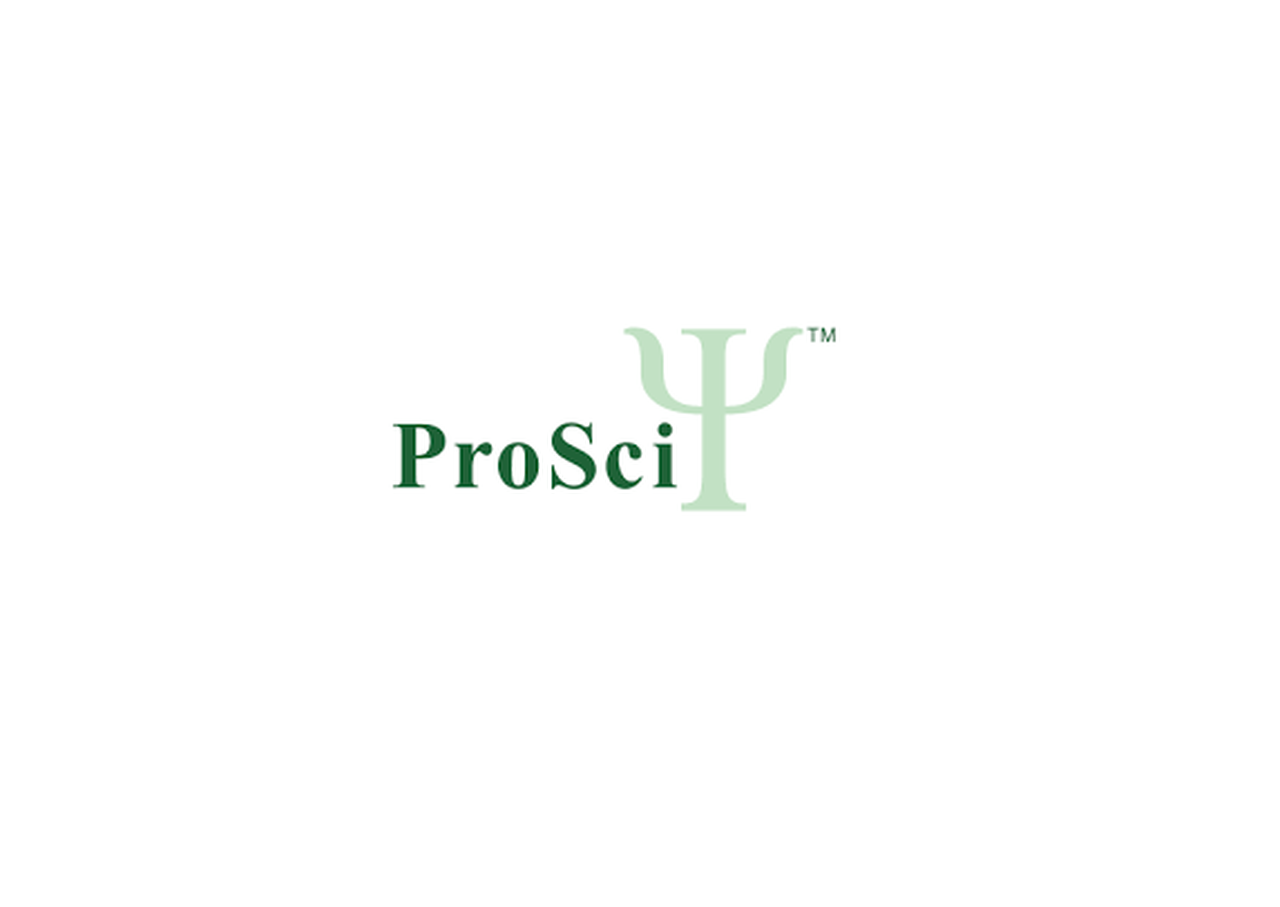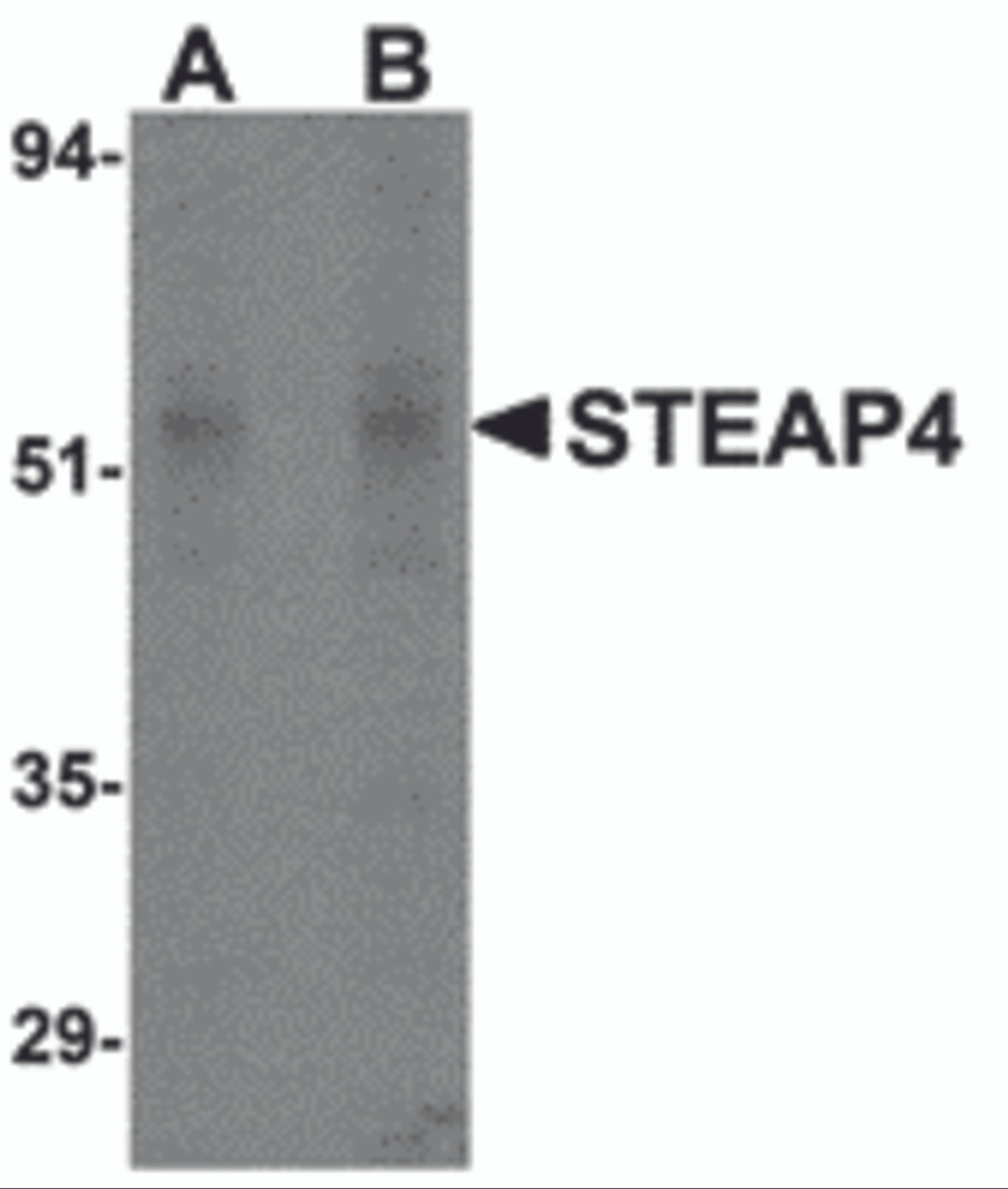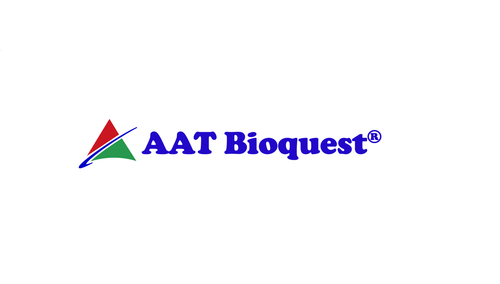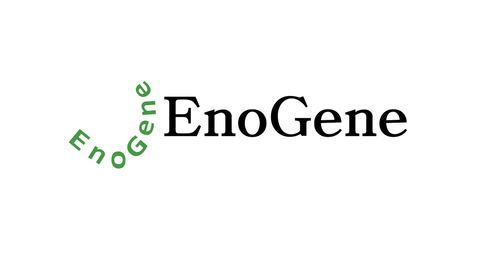Product Description
STEAP4 Antibody | 4313 | ProSci
Host: Rabbit
Reactivity: Human, Mouse, Rat
Homology: N/A
Immunogen: STEAP4 antibody was raised against a 14 amino acid synthetic peptide from near the center of human STEAP4.
The immunogen is located within amino acids 210 - 260 of STEAP4.
Research Area: Homeostasis, Cancer
Tested Application: E, WB
Application: STEAP4 antibody can be used for detection of STEAP4 by Western blot at 0.5 - 1 μg/mL.
Antibody validated: Western Blot in rat samples. All other applications and species not yet tested.
Specificiy: At least two isoforms are known to exist for this protein. This STEAP4 antibody does not cross-react with other STEAP proteins.
Positive Control 1: Cat. No. 1464 - Rat Liver Tissue Lysate
Positive Control 2: N/A
Positive Control 3: N/A
Positive Control 4: N/A
Positive Control 5: N/A
Positive Control 6: N/A
Molecular Weight: N/A
Validation: N/A
Isoform: N/A
Purification: STEAP4 Antibody is affinity chromatography purified via peptide column.
Clonality: Polyclonal
Clone: N/A
Isotype: IgG
Conjugate: Unconjugated
Physical State: Liquid
Buffer: STEAP4 Antibody is supplied in PBS containing 0.02% sodium azide.
Concentration: 1 mg/mL
Storage Condition: STEAP4 antibody can be stored at 4˚C for three months and -20˚C, stable for up to one year. As with all antibodies care should be taken to avoid repeated freeze thaw cycles. Antibodies should not be exposed to prolonged high temperatures.
Alternate Name: STEAP4 Antibody: TIARP, STAMP2, TNFAIP9, Metalloreductase STEAP4, Six-transmembrane epithelial antigen of prostate 4
User Note: Optimal dilutions for each application to be determined by the researcher.
BACKGROUND: STEAP4 Antibody: The six-transmembrane epithelial antigen of prostate 4 (STEAP4) is a member of a family of metalloreductases identified as cell-surface antigens in prostate tissue. Similar to two other members of the STEAP family (STEAP 2 and STEAP3) , STEAP4 promotes both iron and copper reduction. STEAP4 is highly expressed in placenta, lung, heart and prostate tissues, and overexpressed in prostate cancer cells compared to normal prostate cells. Overexpression of STEAP4 in prostate cells significantly increases cell growth and colony formation, suggesting STEAP4 may have a role in cell proliferation and prostate cancer progression.
 Euro
Euro
 USD
USD
 British Pound
British Pound
 NULL
NULL














